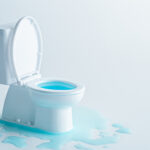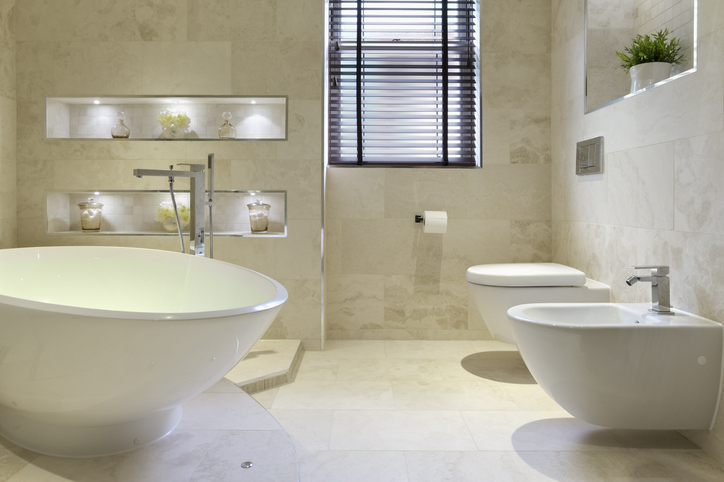You know the importance of drinking plenty of water to stay hydrated and healthy. In fact, every cell in your body needs water to function properly. But while most people know how important water intake is, there’s some confusion surrounding the type of water we should be drinking.
Read on as we dive into the differences between tap, purified, and distilled water to find out which one is best for daily hydration.

Tap Water
Tap water, as the name suggests, is water that comes directly from a valve in your home, such as the kitchen faucet, shower faucet, or outside spigot. The quality of tap water depends heavily on where you live. It can be similar to bottled water or filled with contaminants and pollutants. In general, tap water contains a variety of minerals and organisms and may vary in quality even within the same city or town. Furthermore, tap water quality levels can fluctuate based on what room you’re in, the time of year, and your home’s plumbing.
Some of the minerals commonly found in tap water include chloride, sulphate, copper, iron, manganese, and zinc. It is important to remember that not all contaminants in tap water are harmful. For example, potassium, magnesium, and calcium are all beneficial nutrients commonly found unfiltered tap water.
Purified Water
If your tap water is unfit to drink for any reason, you’ll likely need to rely on purified water. Purified water is water that’s been mechanically filtered or processed to remove impurities such as bacteria, chemicals, and toxins from tap water or well water.
Purified water can be obtained by purchasing purified bottled water or, for a less wasteful solution, installing a filtration system in your home. The three most common methods of at-home water purification are:
- Carbon filters: The simplest carbon filters remove chlorine and improve taste whereas more advanced models can remove toxins like lead and mercury.
- Reverse osmosis systems: Considered the most effective way to purify water, a reverse osmosis system filters out anything larger than a water molecule, thereby removing most contaminants.
- Ion exchange filters: Best for dealing with hard water, ion exchange filters use a chemical process that reduces levels of calcium and magnesium, and usually replaces them with sodium.
Distilled Water
While the terms purified and distilled are often used interchangeable, distilled water is actually a type of purified water. During distillation, water is boiled and steam-condensed to leave solid contaminants behind. The result is essentially pure water that lacks any naturally-occurring minerals. Although this isn’t always a good thing, depending on the person who’s drinking it.
What Type of Water is Best?
There is no one-size-fits-all approach for choosing the best type of water to drink. The answer will depend on the quality of your tap water, whether you have any purification systems in place, and if you have any health conditions. In most cases, public drinking water sources are safe due to the strict contaminant limits set by regulatory agencies. However, drinking water can become contaminated from natural sources or human activity, affecting water quality.
For this reason, it may be a good idea to have your water tested and, if high levels of contaminants are found, invest in an in-home water purification system. Contact Norhio Plumbing today for an in-home water test and information about your water filtration options.









Leave a Reply